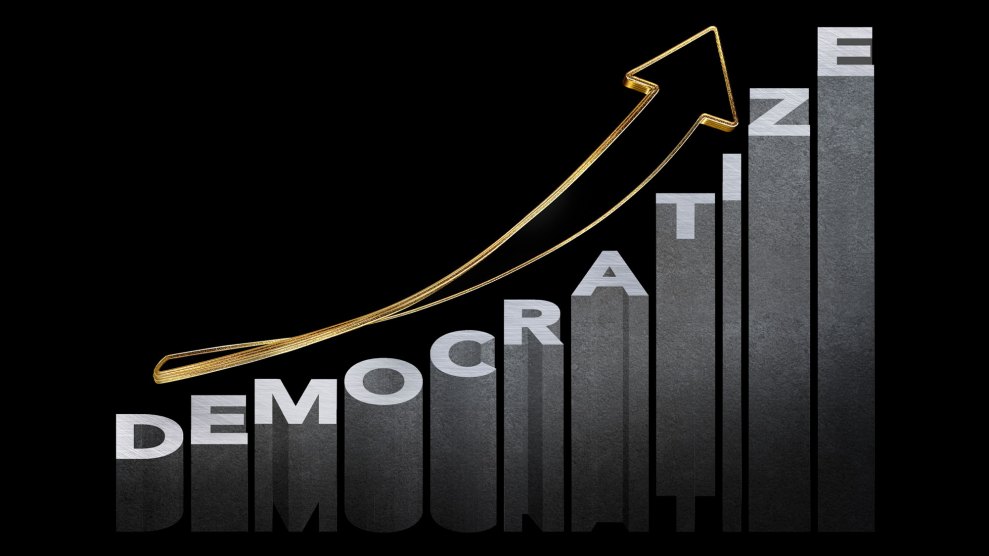
Triboro
The cuts have come even for the word itself. “Austerity” is a cornerstone of conservatism—a catch-all term for limiting government spending to promote capitalist growth—and yet the expression seems to have disappeared from deficit hawks’ speeches. “I call it balancing the budget,” said German Chancellor Angela Merkel in 2013. “Everyone else is using this term ‘austerity.’ That makes it sound like something truly evil.”
Yes. That aura of “evil” is perhaps why writers, especially on the left, return to it again and again. As economists Clara Mattei and Sam Salour argue, “austerity” is a helpful word to describe what the failed policies of neoliberalism have done since the 1970s across the world: subdued the working class by driving up unemployment, keeping wages stagnant, and reducing welfare spending. The word connects everyday issues to structural decay caused by a fiscal playbook. Austerity is, as economic journalist Doug Henwood has argued, “causing America to rot.”
Historically, the word gave market cruelties a whiff of moralism. Drawing on the ancient Greek austeros (“what makes the tongue dry”), it offered a religious ring to financial asceticism. It was how one could argue that cutting social spending was a path to self-reliance. But over the last decade, there has been a shift. Too many people have lived under the actual policies. Austerity has moved from being a rationale for slashing government budgets to a damning critique of the consequences. In the reversal, you can see what many think of living under this anti–social spending project: It sucks.
The moral project of austerity has its beginnings in John Locke’s Second Treatise. Written in 17th-century England, it was a time when, as economist Mark Blyth notes, “public debt [was] the debt of kings” and rulers invoked God as a justification for appropriating wealth as they pleased. Locke found this arbitrary. He argued, in his now-famous philosophical framework, that governments should primarily safeguard private property. To undermine the monarchy’s influence, Locke preached limited government. Freedom, he explained, through austerity.
But this Lockean card is regularly overplayed. The modern rhetoric of austerity politics has firmer roots in the Confederate resistance to Reconstruction. As W.E.B. Du Bois documented in Black Reconstruction, white planter elites pushed back on new multiracial governments made up of Black people and poor white people by proclaiming them irresponsible, corrupt, and plagued by extravagant spending. For much of American political history, a repudiation of the underclass was inherent in the push for small government. Austerity offered up economic hardship as a disciplinary tool.
This cruelty to the poor can be easily seen through Andrew Mellon, Herbert Hoover’s Treasury secretary, who said in the face of the Great Depression that the downturn would rid the system of “rottenness” and lead people to “live a more moral life.” Or Mitt Romney, who in 2012 said 47 percent of Americans were “takers” not “makers,” and told an audience of the wealthy that his “job is not to worry about those people.” Here, freedom is weaponized as a way to abandon the poor.
In the years following the Great Recession of 2008, austerity took divergent routes in the United States. On the left, Occupy Wall Street argued that the real corruption was our inability to “tax the rich” (remember the chants?) in order to fund a safety net for the poor. On the right, the tea party depicted social spending as theft. The left won some followers, but the right won power in Congress. In 2012, a series of spending cuts—predominantly in health, education, and social services—were implemented, and a new “age of austerity” was born.
Yet after living under austerity policies for more than a decade, polls show Americans are tired of the unequal discipline. They want the government to ensure their basic needs: food, housing, public education, and clean air and water. The movement for a $15 minimum wage has gained momentum among major companies, many cities, and some states. The right’s promise of a moral high ground gained from thrift seems not to be as appealing anymore. A decade of spending cuts has made “austerity” sound a lot less like salvation and more like hell.











